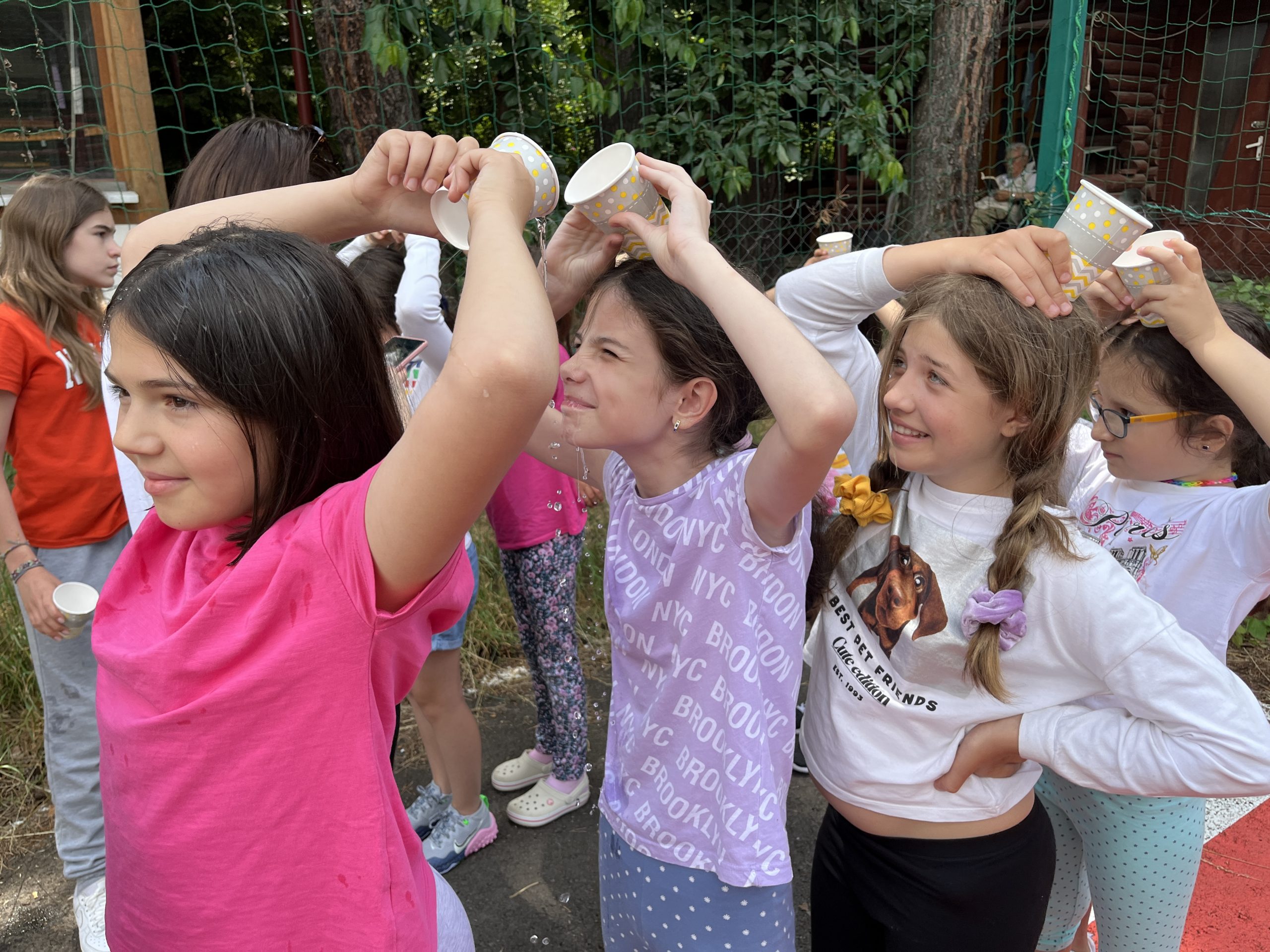
Perseverance: indispensable tool for a world of change
"Perseverance" has become an increasingly used word in the specialist literature on child development and the field of education. From a psychological point of view, persistence would translate as having a person's passion, motivation and determination to achieve a certain goal.
The courage to not give up in the face of challenges is an important indicator of children's future success. The term "perseverance" was defined by Angela Lee Duckworth (more info here) as "the effort made to achieve some long-term, medium-term or short-term objectives". Along with intelligence, courage and perseverance are the additional ingredients that help us achieve our goals. Duckworth found that persistence can be as important or even more important than IQ in determining children's rates of academic success. Being persistent means being able to start over despite challenges and failure. Angela Duckworth's TED talk about "perseverance" as one of the most important predictors of success went massively viral in 2013. ( Here here TED talk).
Experts emphasize that parents should encourage their children to try and continue activities that may be challenging. Encouraging children to try new things gives them a chance to prove that they can do anything.
Many people may believe that whether or not they are good at a certain area/task is because they were born that way; therefore, they do not believe in further development and training, but rely only on innate qualities. The problem with this perspective is that it leads many children to easily give up on things and tasks if they don't succeed right away. Duckworth suggests giving children the opportunity to persevere in at least one difficult thing; an activity that requires discipline and effort. The activity itself doesn't matter as much as the effort and learning experience that comes with it.
Failure is the first step to learning (FAIL–FESRD Atempt andn ITearnings)
Discussions of failure and stories of people who have failed and persevered and eventually succeeded (eg the LEGO story here), including personal examples, are the most useful tools we can use to help children acquire a higher dose of perseverance. The power of example is essential, children learn from the adults around them, so in order to deal with failure calmly, children need positive examples of this. By talking to children about their own failures we help them understand that it is okay to fail and they will see how people can solve problems with a flexible mindset and strategies. Discussions about failure should be held as challenges arise.
The child can also learn from the stories of famous people who used passion and perseverance to achieve long-term goals. Stories like the one where Michael Jordan didn't make his varsity team or the one where the "Harry Potter" novel was rejected nearly a dozen times will show your child that perseverance is important before achieving success.
If any of these famous people had given up when they experienced failure, they would never have succeeded. "Luck" is an illusion; success means hard work and perseverance towards something you are passionate about.
The child needs to find a purpose
A study by a number of psychology researchers, including Dr. Carol Dweck and Dr. David Yeager, indicates that students are more motivated to succeed when they have a primary goal. After several stages of the study and as the students developed the belief that they can achieve a purpose in life, the level of motivation increased and the school results improved.
When children give meaning to activities and know the end goal, they are more motivated and will show more perseverance, even when they encounter different obstacles.
To be persistent is to be determined, to be patient (especially with oneself); perseverance requires patience, balance and effective management of emotions; it means exercise and a flexible mindset. It's one of the most important qualities in an entrepreneur's bag, and regardless of entrepreneurial inclinations, all children should train this superpower early. At KEN Academy, we like to challenge ourselves and set long-term goals, but we know that in order to achieve them, we need to be friends with failure and constantly show perseverance.
*Article written by Veronica Dunga, KEN Academy trainer.
